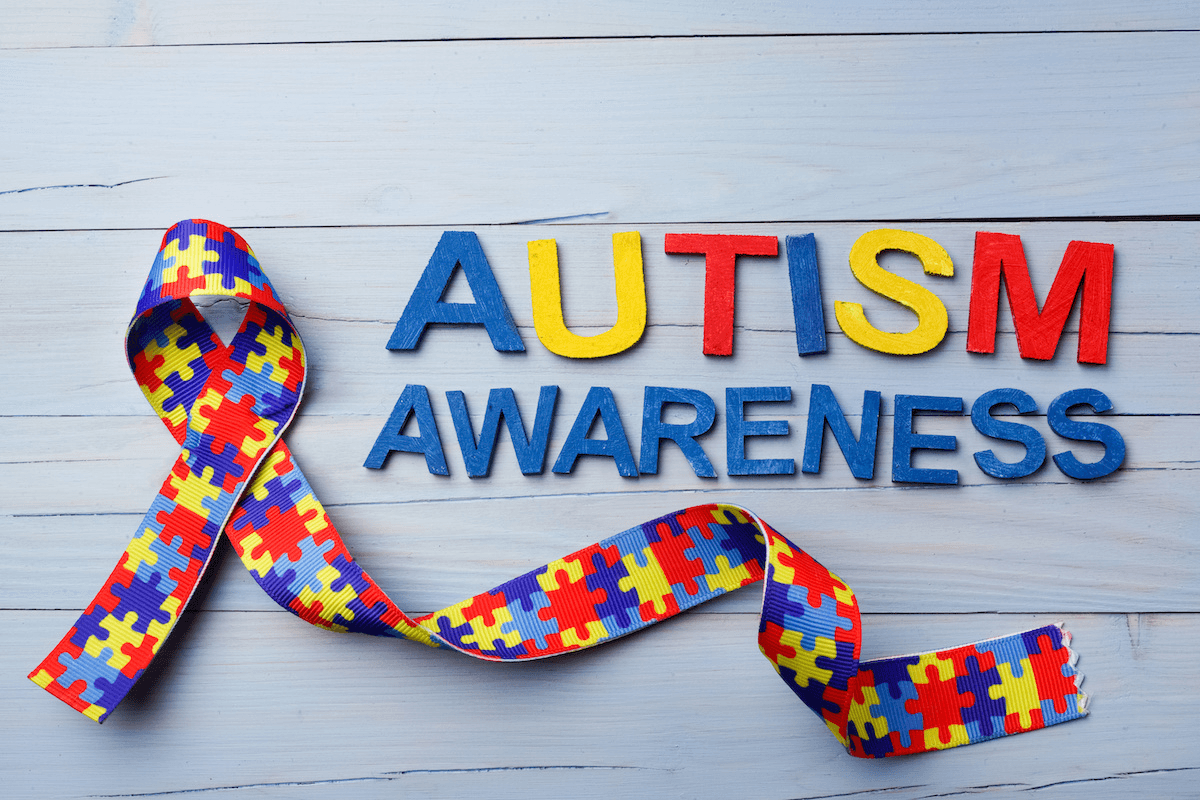Working memory is a key part of how we understand and use language. You can think of it as a mental notepad - it helps us hold onto pieces of information just long enough to use them.
For many children, working memory supports everyday tasks like following instructions, listening in class, and forming complete sentences. But when working memory is weak, it can make these things much harder - even if a child is trying their best.
What Working Memory Difficulties Might Look Like
Some children with working memory challenges may seem distracted, disorganised, or as though they’re not listening. But often, they’re simply having trouble holding onto and processing the information they need in the moment. For example:
- They might forget what comes next while following multi-step instructions.
- They may lose track of what they’re saying halfway through a sentence.
- They might forget parts of a story while reading or listening.
How Working Memory Impacts Language
Here are a few common areas where working memory and language are closely linked:
Following Instructions
Children may only remember the first part of what was said. For example, they might remember “Get your pencil,” but forget “and write your name at the top.” This isn’t about not paying attention - it’s about not being able to hold onto all the steps at once.
Using Grammar
Forming complete, grammatically correct sentences requires holding onto things like verb endings or word order. A child might say “He go school” instead of “He goes to school” because they lost track of how to finish the sentence.
Listening in Class
Listening and learning in the classroom often means remembering what was said a few seconds ago while thinking about what to do next. With limited working memory, children may only recall parts of the lesson - or forget what they were meant to do.
Reading and Writing
Reading requires keeping track of what’s happening from one sentence to the next. Writing is even more demanding: children need to remember their ideas while also focusing on spelling, grammar, and punctuation.
Reading Comprehension
Understanding a story depends on remembering what’s already happened. If children forget earlier parts of the story, they may lose track of characters, miss the main idea, or struggle to answer comprehension questions.
Supporting Working Memory at Home and School
At Write to Speak, I support children with language and learning needs by using memory strategies that are simple, practical, and easy to use both at home and in the classroom.
At Home:
- Break instructions into steps: Give one step at a time if needed.
- Encourage repetition: Ask your child to repeat instructions back to you.
- Use routines: Familiar routines reduce the need to remember lots of steps.
- Visual supports: Use checklists, picture schedules, or reminder cards.
- Play memory games: “I went to the shop and bought…” or “Simon Says” are great for building memory skills.
- Talk while reading: Pause to check understanding and talk about what’s happening in the story.
At School:
- Use visuals: Display instructions, checklists, or step-by-step guides.
- Chunk information: Break lessons into smaller parts and present one idea at a time.
- Use memory aids: Cue cards, anchor charts, and visual prompts can help.
- Check understanding: Ask students to explain what they need to do before they begin.
- Support task initiation: Help students get started with a quick model or prompt.
- Use graphic organisers: These help with tracking characters, main ideas, and sequences in stories.
Working memory plays a big role in how children understand, follow directions, and express themselves. The good news is, with the right supports, children can build strategies to work around their memory challenges and grow in confidence.
If you think your child may be struggling with working memory or language, I’d be happy to help. You can send an enquiry via the contact page, email me directly at rebecca@writetospeak.com.au, or call/text 0477 580 898.



